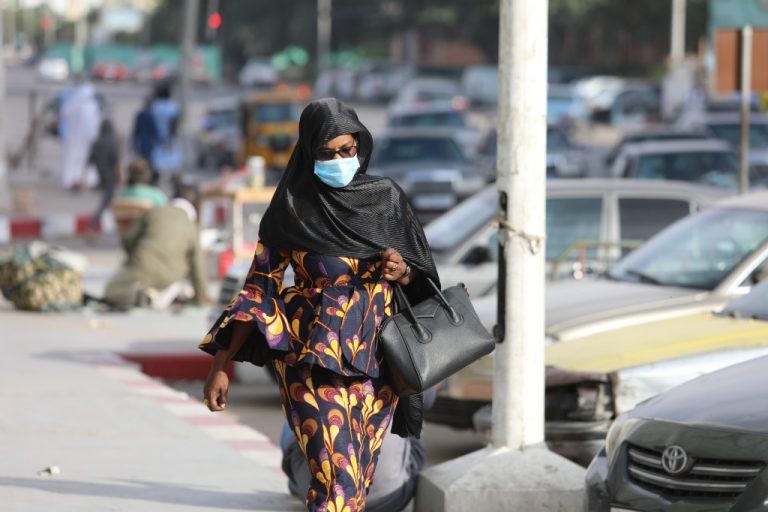São Paulo – Climate issues, geopolitical tensions, and delays in the construction of infrastructure could affect the Mauritanian economy this year, expected to grow 4.8%, a slowdown compared to the 6.4% achieved in 2022, said this Friday (27) a press release by the International Monetary Fund (IMF) after meetings between the Fund’s staff and authorities of the North African country.
According to the IMF, the economic outlook “remains uncertain” due to increased geopolitical tensions and more frequent climate shocks. Disasters such as floods could affect infrastructure, arable lands, and agriculture production (pictured), leading the country to a “relatively high” level of food insecurity. The IMF release also mentioned that delays in the start of a gas project and commodity market fluctuations could reduce the country’s fiscal revenue and increase the need for external financing.
The IMF staff’s visit to Mauritania reviewed the arrangements of the Extended Fund Facility and Extended Credit Facility programs, through which USD 21 million were disbursed to the Maghreb country. The amount is part of a total USD 86.9 million approved in January this year. Despite the challenges faced by the country, the fund said the implementation of reforms supported by the programs is “satisfactory,” and the country has met the expected performance criteria.
The release also said the North African country reached an agreement on reforms to be supported by the IMF with USD 253 million to fund Mauritania’s efforts to strengthen its resilience to climate shocks, enhance disaster risk management, and accelerate the transition toward cleaner energy sources. The agreement is still subject to the approval of the IMF Management and Executive Board, expected to occur in mid-December.
Translated by Elúsio Brasileiro




